The average cost to move an apartment typically ranges from $1,400 for a local move to about $3,500 for a long-distance move, depending on size and distance. If you're looking at more detailed averages, local moves often fall between $1,250–$1,489, while long-distance moves cost around $3,129–$3,500.
If you’ve ever planned a move, you’ve probably wondered,“How much does it cost to move an apartment?” The answer isn’t the same for everyone. A small studio in the city will cost far less to move than a two-bedroom apartment headed across state lines.
Some people manage with a few hundred dollars, while others face bills in the thousands. That’s why understanding the average moving cost for apartment size is so important.
The Cost to Move an Apartment Locally
When it comes to local moves (generally under 100 miles), the price you pay will depend on three things: how much stuff you have, how easy your building is to access, and whether you want extra help like packing services.
Instead of a flat price, most movers charge by the hour, usually between $90 and $150 per hour for a crew of two movers and a truck. That means the final bill changes a lot based on apartment size and complexity.
Local Apartment Moving Costs
| Furnishings / Density | Easy Access (no packing) | Moderate Access (stairs, elevator, or partial packing) | Difficult Access (full packing & extra services) |
|---|---|---|---|
| Minimalist (studio or lightly furnished 1BR) | $300 – $500 | $501 – $700 | $701 – $900 |
| Moderate (typical 1BR or small 2BR) | $500 – $800 | $801 – $1,050 | $1,051 – $1,400 |
| Full (furnished 2BR–3BR) | $800 – $1,200 | $1,201 – $1,600 | $1,601 – $2,200 |
| Beyond Full (large 3BR+, heavy furniture, extras) | $1,200 – $1,800 | $1,801 – $2,500 | $2,501 – $3,500+ |
The Cost to Move an Apartment to Another State
When you’re crossing state lines, the long-distance apartment moving cost isn’t just about how many boxes you have. Movers consider the mileage (often 250–2,000 miles or more), the size of your apartment, and how much help you need with packing or handling tricky access points like elevators.
Prices are usually calculated by weight plus distance, with add-on fees for services like storage, appliance disconnect/reconnect, or packing.
Here’s an estimate of what you might expect to pay:
| Furnishings / Density | Easy to Moderate Access (no packing) | Moderate Difficulty (stairs, elevator, or partial packing) | Full Packing & Extras (storage, appliances, specialty items) |
|---|---|---|---|
| Minimalist (studio or lightly furnished 1BR) | $1,000 – $1,400 | $1,401 – $2,300 | $2,301 – $3,400 |
| Moderate (typical 1BR or small 2BR) | $1,400 – $1,900 | $1,901 – $2,600 | $2,601 – $4,200 |
| Full (furnished 2BR–3BR) | $1,900 – $3,000 | $3,001 – $4,100 | $4,101 – $5,200 |
| Beyond Full (large 3BR+, heavy items, extras) | $3,000 – $4,200 | $4,201 – $5,500 | $5,501 – $7,000+ |
Key Factors That Affect Moving Cost to Another State
The numbers above are averages; your actual apartment moving costs may be higher or lower depending on:
- How much stuff you have (fewer boxes mean lower weight and price).
- Packing help— whether you pack yourself or hire movers.
- Apartment access— ground-floor units cost less than top floors with elevators.
- Distance traveled— a 300-mile move costs far less than a 2,000-mile move.
- Time of year and day of the week— summer weekends are the most expensive.
-
Specialty items, such as pianos, pool tables, or safes, require extra handling.
- Moving crew efficiency— experienced movers can finish faster and save money.
Apartment Moving Costs by Size
The size of your apartment is one of the clearest indicators of what your move will cost. Below is a quick estimate of average moving costs by apartment size.
1-Bedroom Apartment
The cost to move a one-bedroom apartment locally falls around $400–$800. Long-distance prices are higher, averaging $1,400–$2,000. This is one of the most common apartment sizes movers handle.
[Read the full guide on 1-Bedroom Apartment Moving Costs]
2-Bedroom Apartment
The cost to move a two-bedroom apartment locally usually ranges from $700 to $1,200, while long-distance moves often cost between $2,000 and $3,500. Add-ons like packing, storage, or specialty item handling can push costs higher.
[Read the full guide on 2-Bedroom Apartment Moving Costs]
3-Bedroom Apartment
Larger households bring higher moving bills. A local move for a 3-bedroom typically costs $1,000–$1,600, while a long-distance move averages $3,000–$4,500+. Many movers recommend full packing services for this size.
[Read the full guide on 3-Bedroom Apartment Moving Costs]
4-Bedroom Apartment
Moving a 4-bedroom apartment is a major project. Local moves often start around $1,500–$2,500, while long-distance moves can reach $4,500–$7,000+. Extra services like storage or appliance handling are common at this scale.
[Read the full guide on 4-Bedroom Apartment Moving Costs]
5-Bedroom Apartment
With a 5-bedroom apartment, costs rise significantly due to the size and volume of belongings. Local moves usually start at $2,000–$3,200, while long-distance moves often range $6,000–$9,000+, especially if packing and specialty services are needed.
[Read the full guide on 5-Bedroom Apartment Moving Costs]
Factors That Affect Moving Costs
No two moves are exactly the same, which is why apartment moving costs can vary so much from one person to the next.
Here are the main things movers look at when giving you a quote:
Distance of the Move
The farther you go, the more expensive it gets. A local move just a few miles away is charged by the hour, while a long-distance apartment moving cost is calculated by weight and mileage.
Size of the Apartment & Volume of Belongings
The average moving cost for an apartment increases as the number of rooms and furniture grows. A studio might only take two movers and a small truck, while a 3-bedroom can require a large crew and multiple trips.
Access to Your Apartment
Easy parking, ground-floor units, and wide hallways mean less time (and lower cost). Stairs, elevators, long carries, or tight spaces add labor time and increase the final bill.
Packing & Unpacking Services
If you do your own packing, you’ll save money. But if movers handle it, expect additional charges for materials and labor. This is one of the most common add-ons in any moving cost breakdown.
Specialty Items & Extra Handling
Things like pianos, safes, pool tables, or delicate artwork require special care and special fees. Even bulky furniture that needs disassembly/reassembly can raise costs.
Seasonality & Moving Date
Summer weekends are the busiest (and most expensive) times to move. Choosing a weekday or off-season date is one of the easiest ways to save money on your apartment move.
Storage or Temporary Holding
If you need storage between move-out and move-in, movers often charge daily or monthly fees. This can quickly add hundreds of dollars to the final price.
DIY vs. Professional Movers
When figuring out how much does it cost to move an apartment, one of the biggest decisions you’ll make is whether to do it yourself, hire professionals, or go with something in between.
Each option comes with very different price ranges, effort levels, and benefits.
Average DIY Costs
A DIY move is the cheapest option because you’re paying only for the essentials like a rental truck, gas, and supplies.
- Local moves: $150 – $400
- Long-distance moves: $800 – $2,000
This route can definitely save money on your apartment move, but it also means handling all the packing, heavy lifting, and driving yourself. It works best for small apartments, short distances, or renters who don’t mind putting in the extra effort.
Professional Moving Costs
Hiring movers is more expensive, but it offers convenience and peace of mind. Professionals handle the truck, the labor, and sometimes even the packing.
- Local moves: $400 – $1,200
- Long-distance moves: $2,000 – $5,000+
The higher price reflects both the service and the security of having trained movers handle your belongings. If you have a larger space or don’t want the stress of moving day, this option usually makes the most sense.
Hybrid Options
A hybrid move combines both approaches; you handle part of the job, and professionals take care of the rest. For example, you might pack everything yourself but pay movers just to load and unload, or you might use a portable moving container to control timing.
- Typical cost range: $800 – $2,500
It’s a flexible way to cut down costs without doing all the work yourself. Many renters choose this route for 1- or 2-bedroom apartments when they want to balance savings with convenience.

Before you make your final decision, don’t miss our comprehensive comparison of DIY vs. Full-Service Movers.
Ways to Save on Apartment Moving Costs
Whether you’re handling a short local move or facing a higher long-distance apartment moving cost, there are smart strategies to bring down the cost.
Declutter Before You Pack
The less you move, the less you pay. Getting rid of unused furniture, clothes, or kitchen items can cut hundreds of dollars from your quote since movers often charge by weight or time.
Pack Yourself (At Least Partially)
Full-service packing adds up quickly. If you handle most of the boxing and wrapping on your own, you’ll significantly lower your moving cost breakdown. Just make sure to use sturdy boxes and label everything clearly.
Move Off-Peak
Summer weekends are the most expensive times to move. Booking a weekday or scheduling in the off-season (late fall or winter) can save money on your apartment move with lower rates and more flexible scheduling.
Use Free or Cheap Supplies
Instead of buying all-new boxes and packing paper, check local stores, online marketplaces, or community groups. Reusing materials is eco-friendly and cost-effective.
Compare Multiple Quotes
Don’t settle for the first estimate you get. Using a moving cost calculator or requesting in-home/virtual surveys from different companies helps you find the best deal and avoid hidden charges.
Apartment-Specific Moving Tips
Moving out of (or into) an apartment is a little different from moving a house. Beyond the basic apartment moving costs, there are unique rules and logistics to keep in mind.
Check Building Rules Early
Most apartment complexes have moving policies. Some require you to book the freight elevator, reserve a time slot, or provide a Certificate of Insurance (COI).
Secure Parking for the Truck
Movers charge extra if they need to park far from your building. Reserve a loading zone or parking permit if required; this small step can save time and money.
Protect Common Areas
Hallways, doorframes, and elevators can be damaged during a move. Many buildings require movers to pad or cover these spaces. This also helps you avoid charges for property damage.
Measure Entryways and Elevators
Bulky furniture may not fit through standard doorways or into small elevators. Measuring in advance avoids the frustration of paying for movers only to find your couch won’t fit.
Prepare Pets and Kids for Moving Day
Apartments can get crowded quickly with movers carrying boxes and furniture. If possible, arrange a safe space for pets and children so the move goes smoothly and safely.














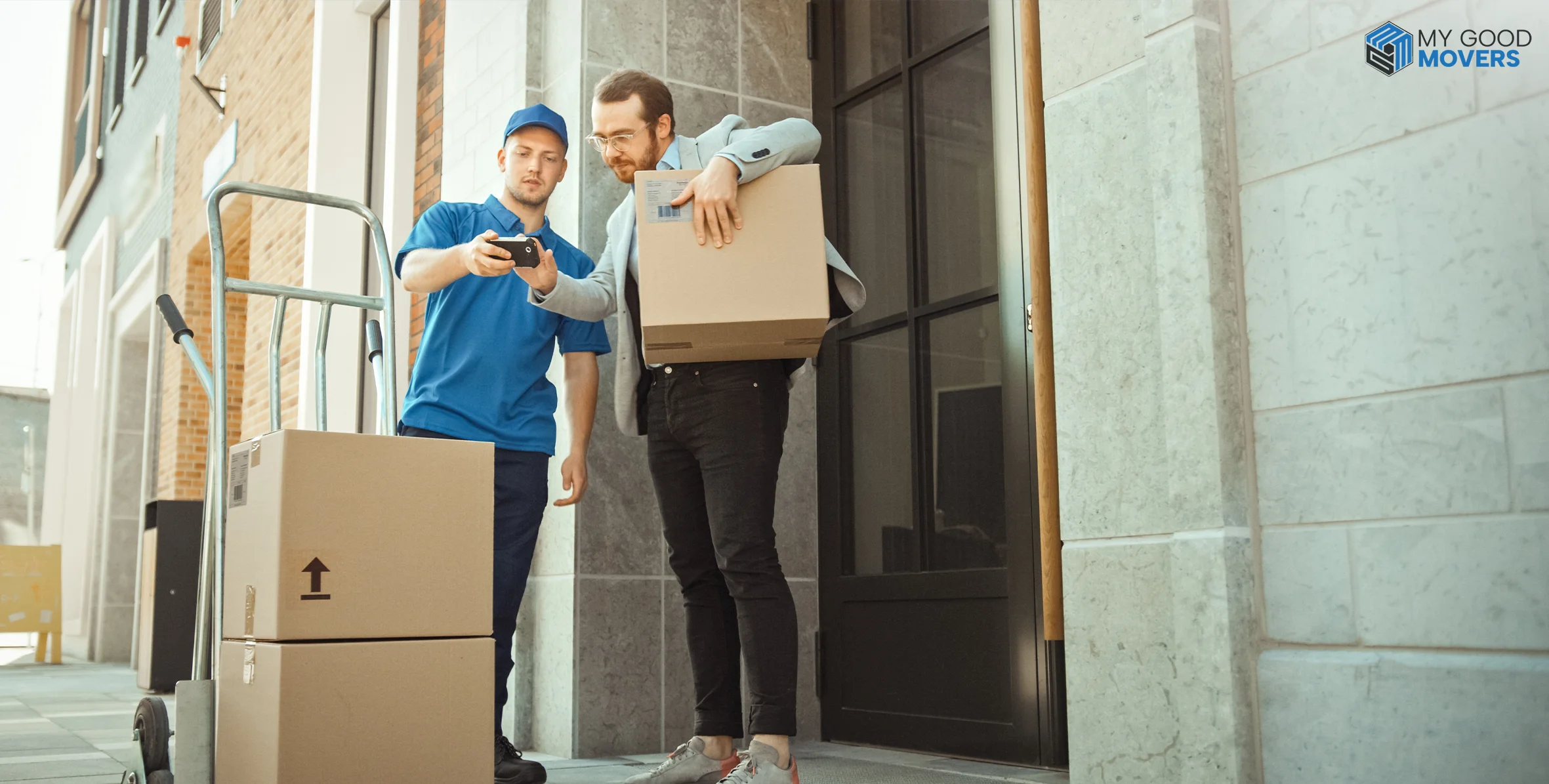


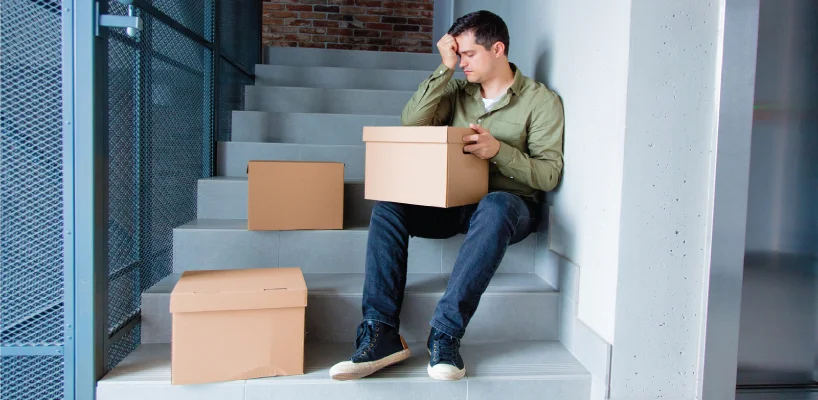
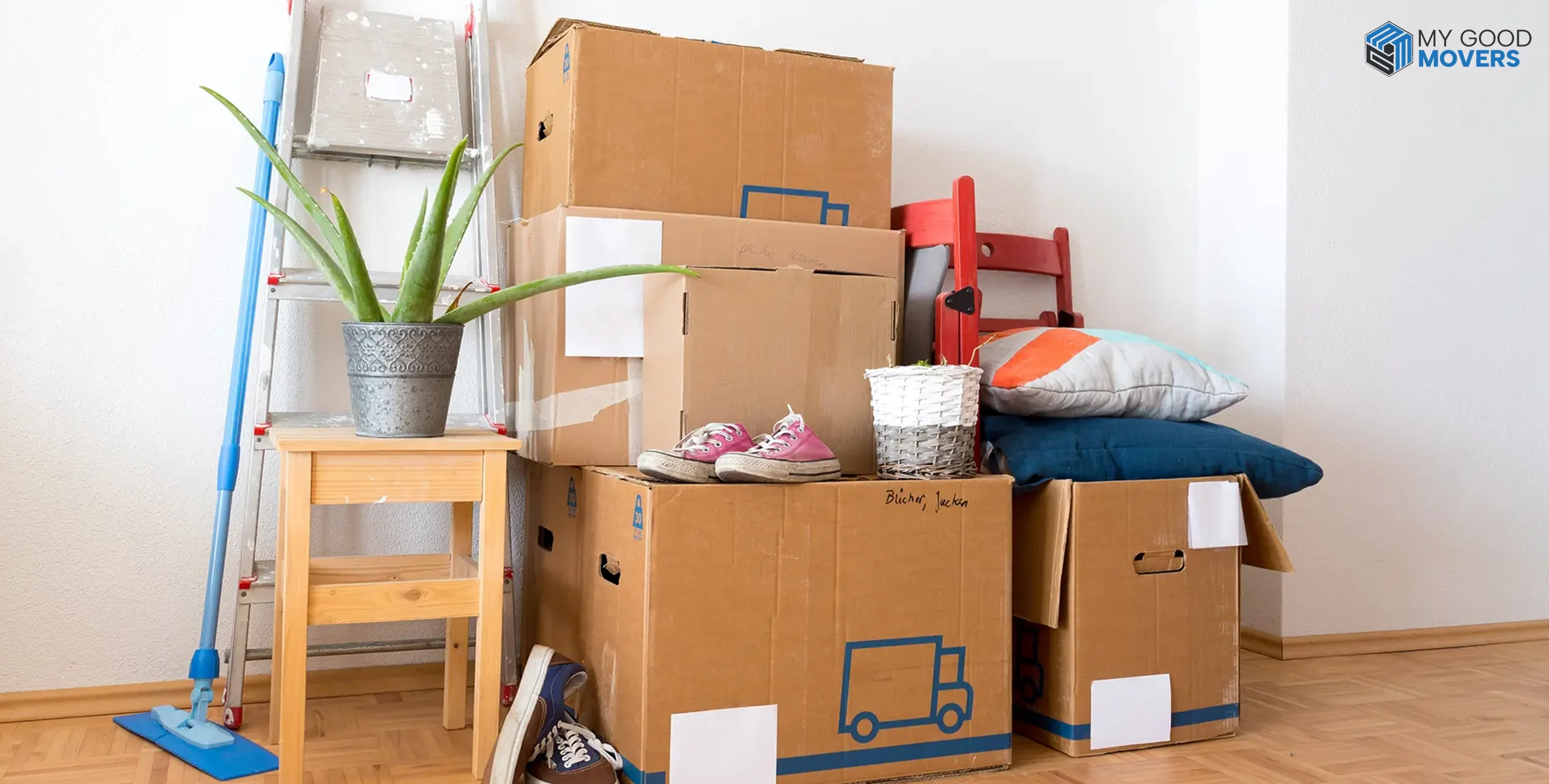









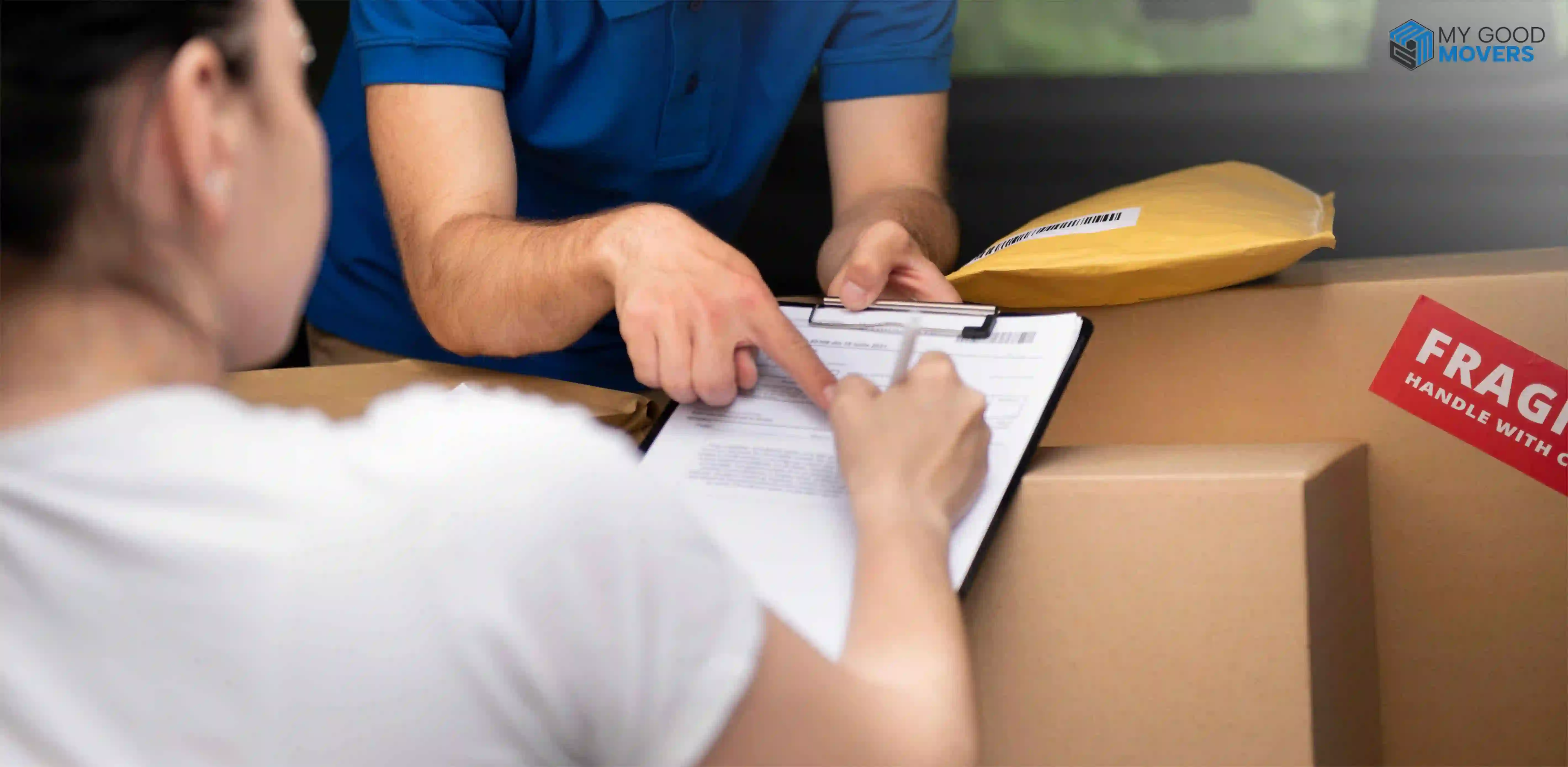


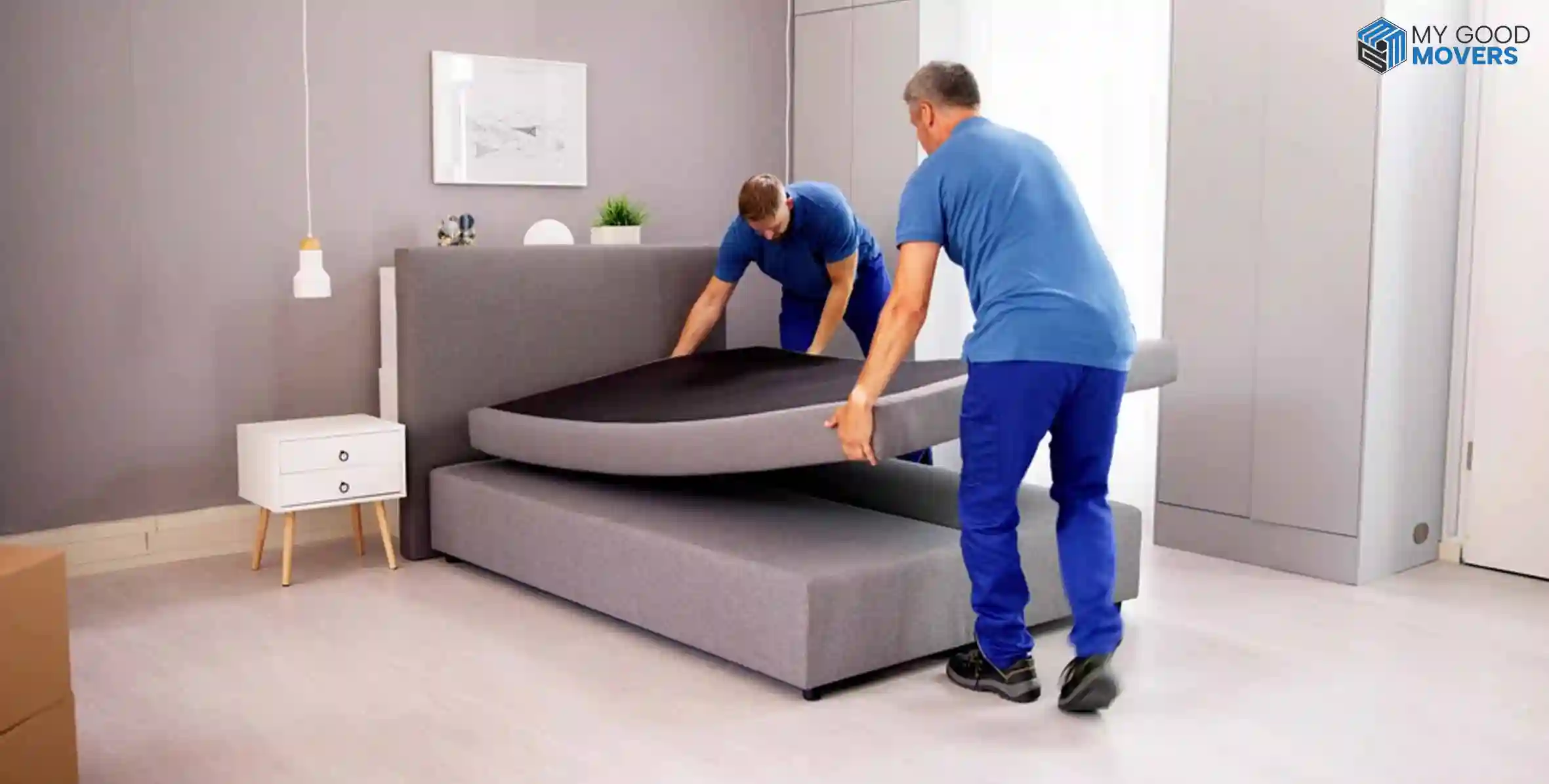



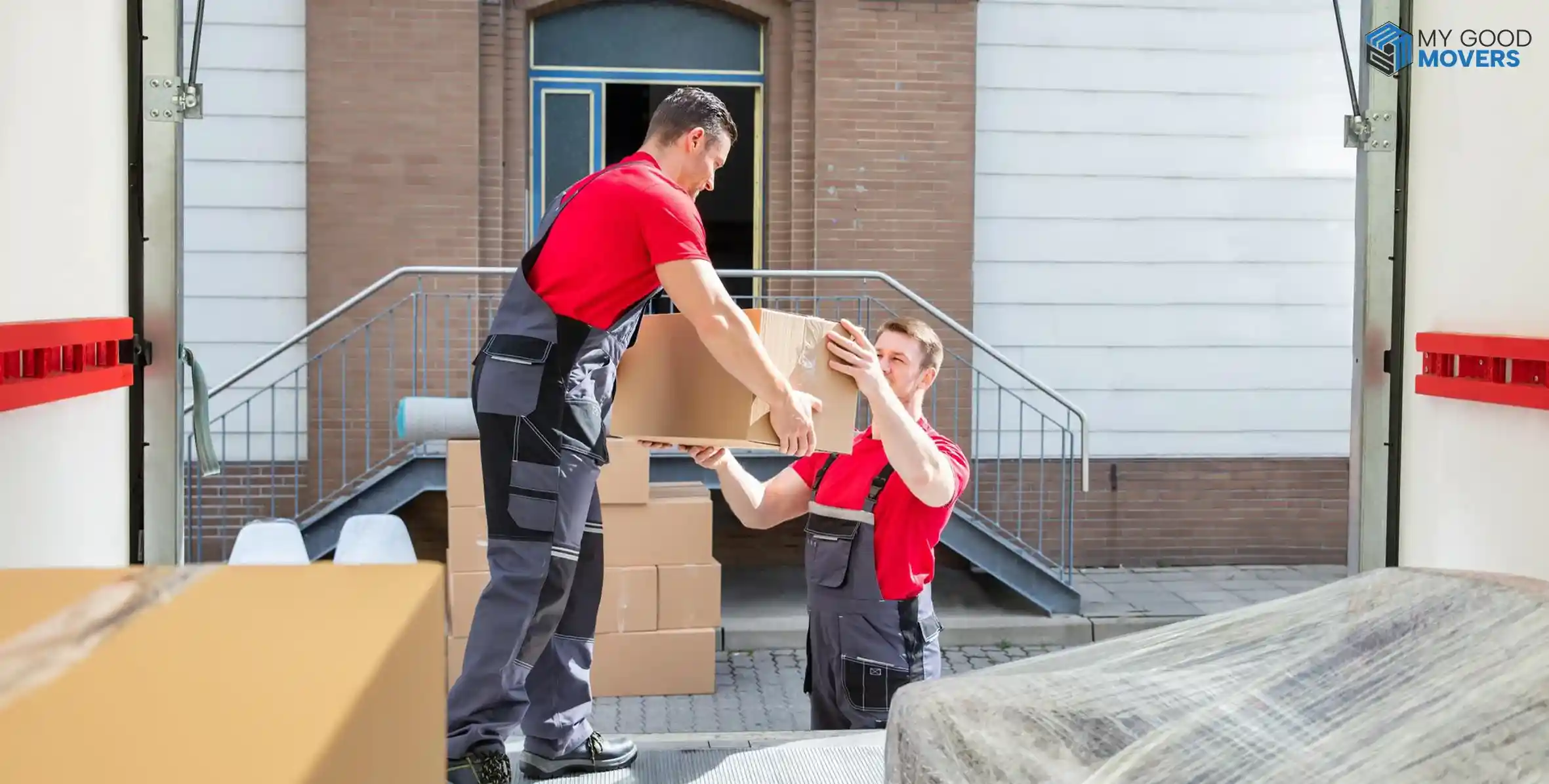


















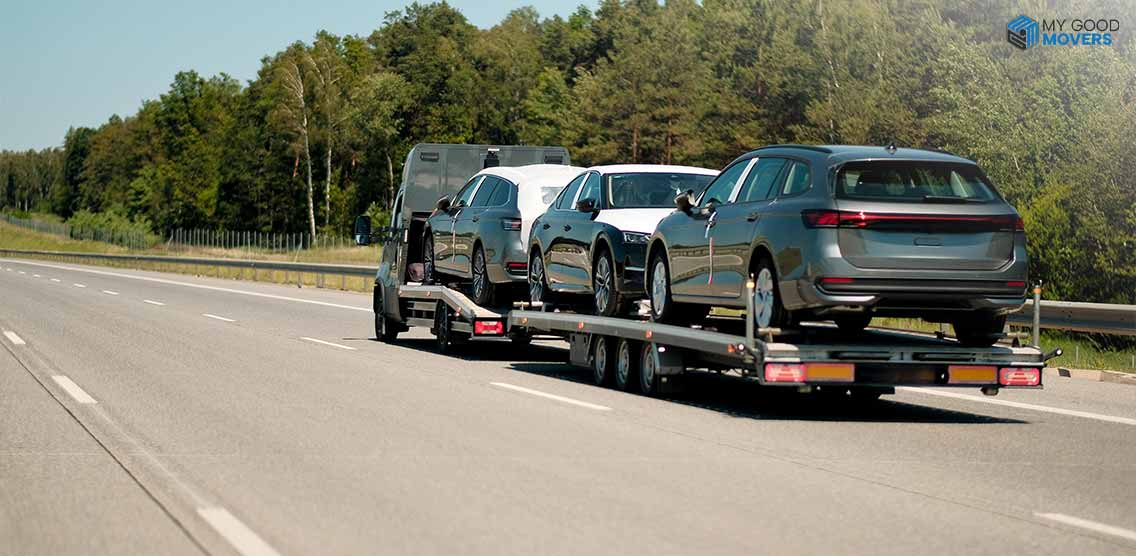
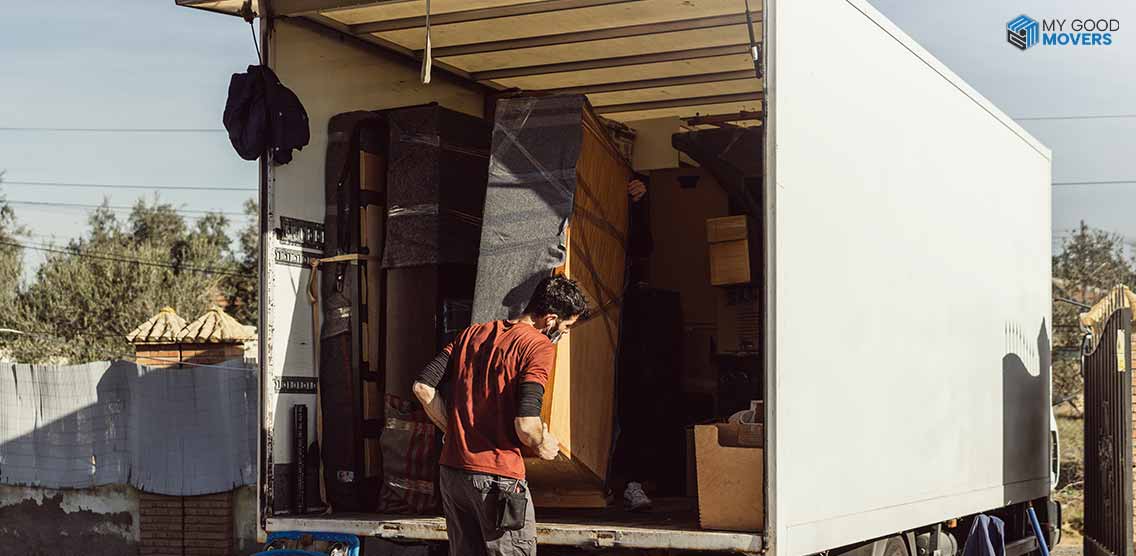
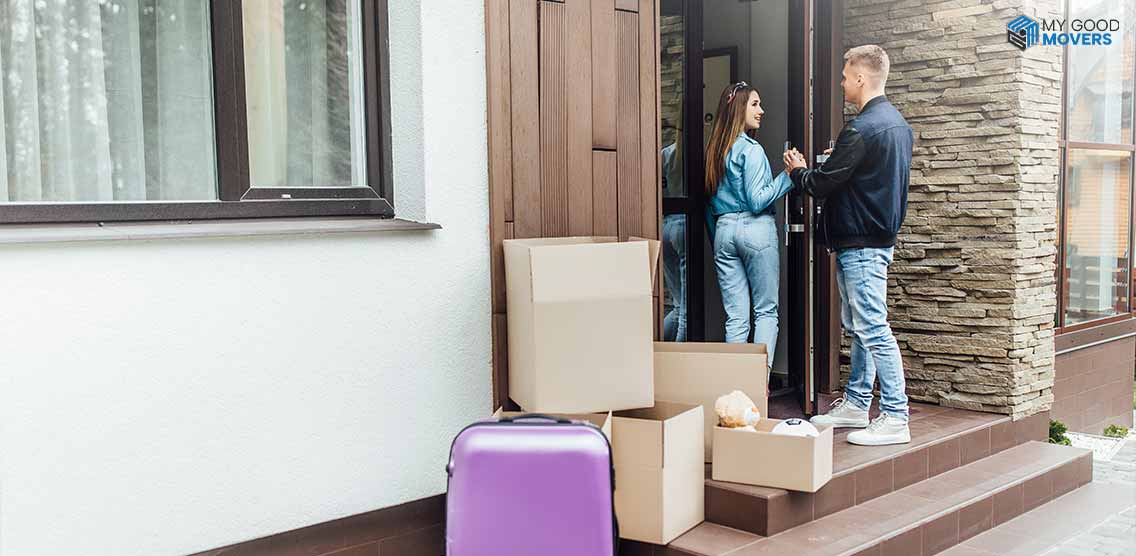


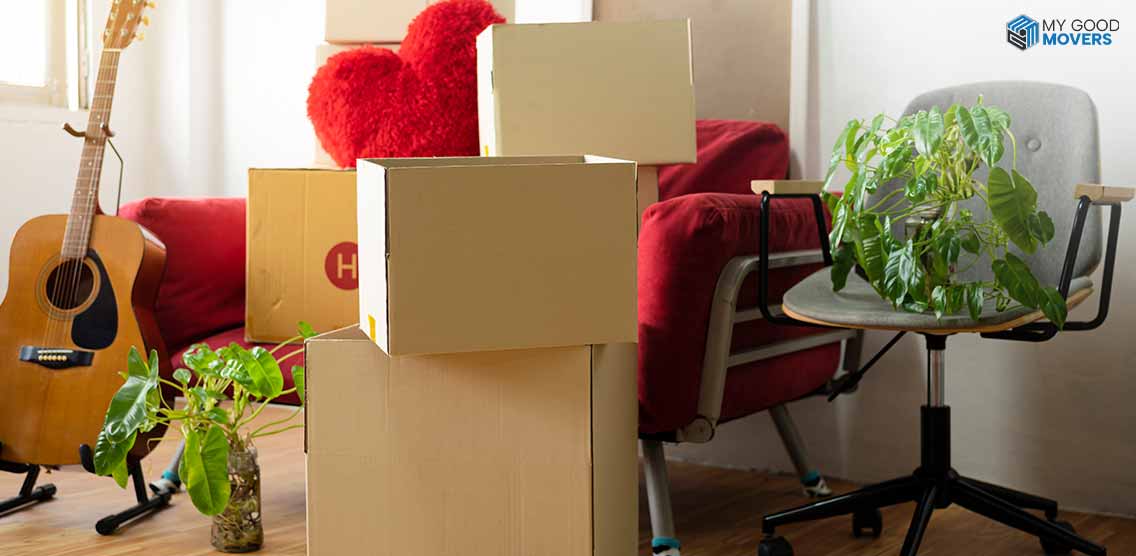




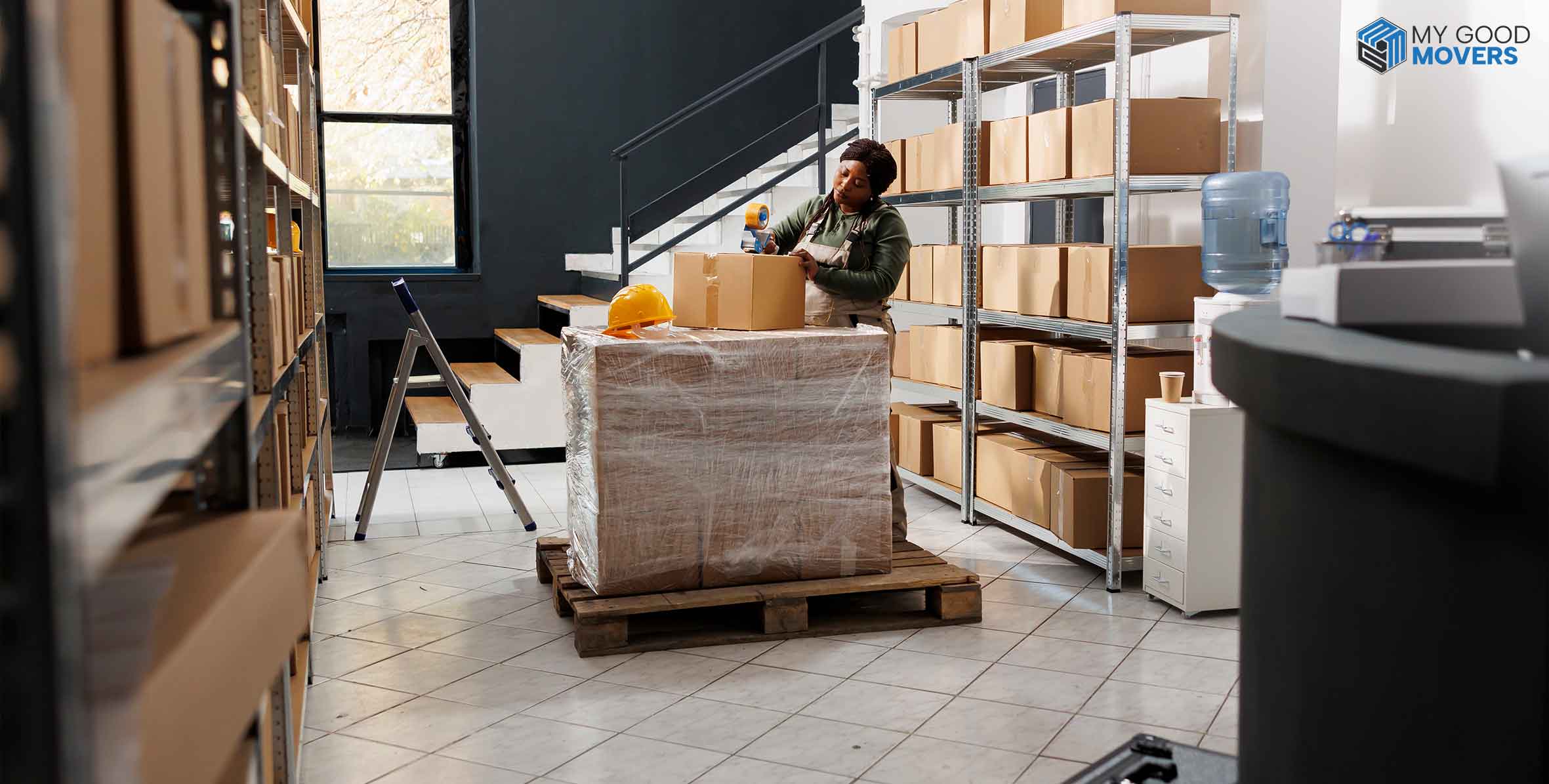

















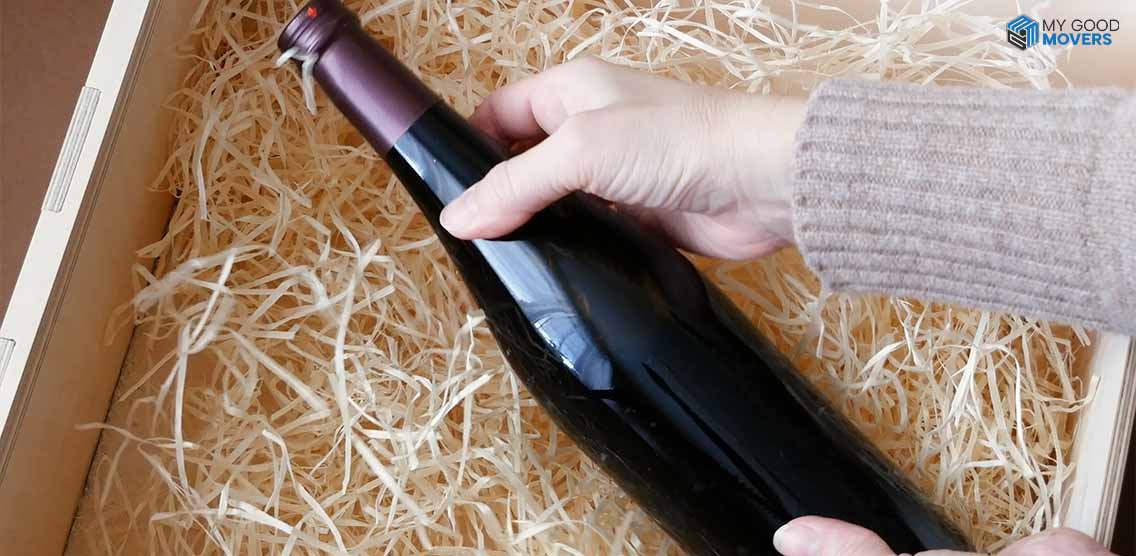
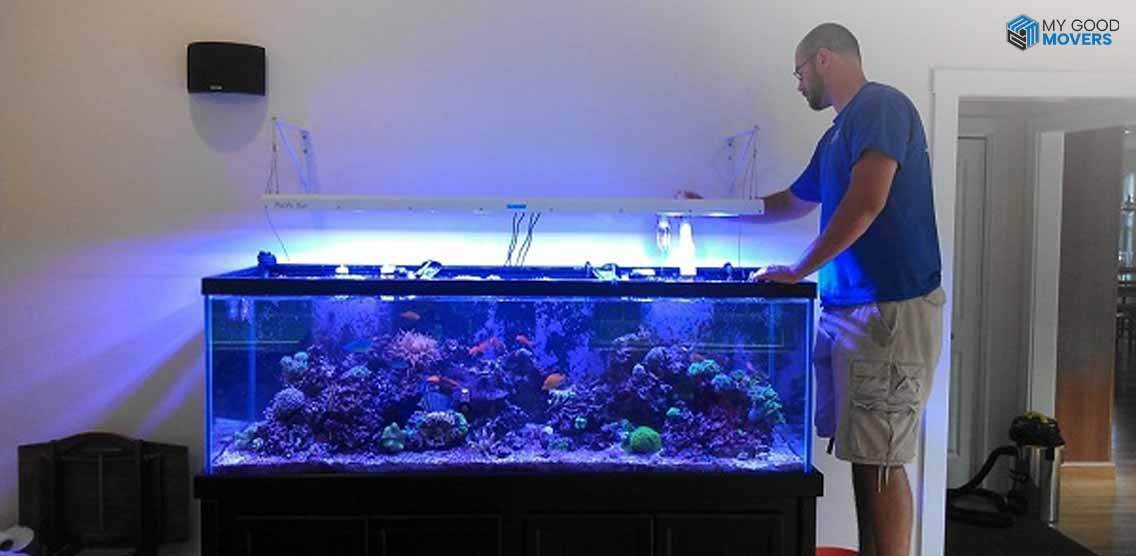
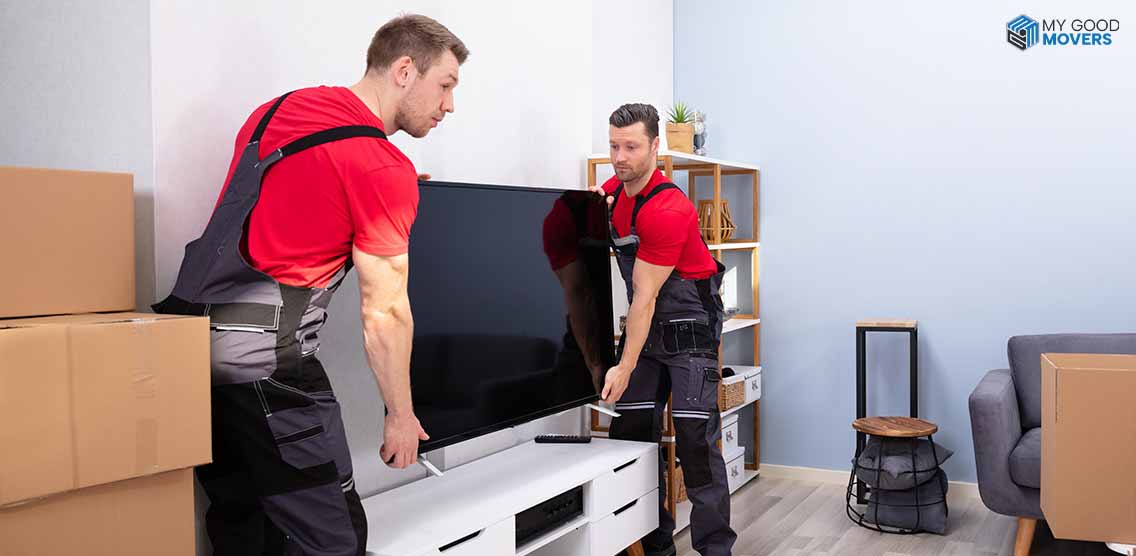





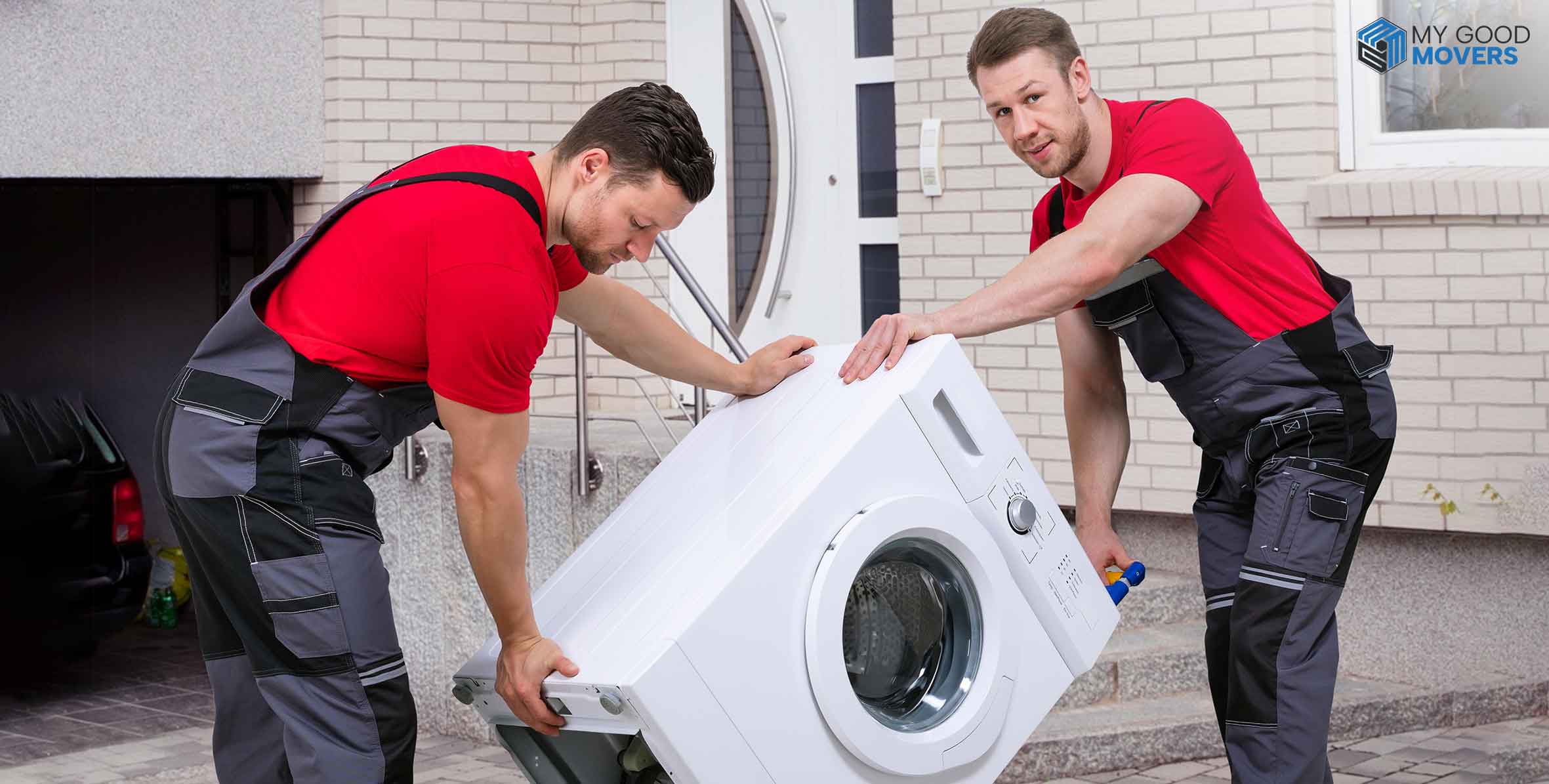





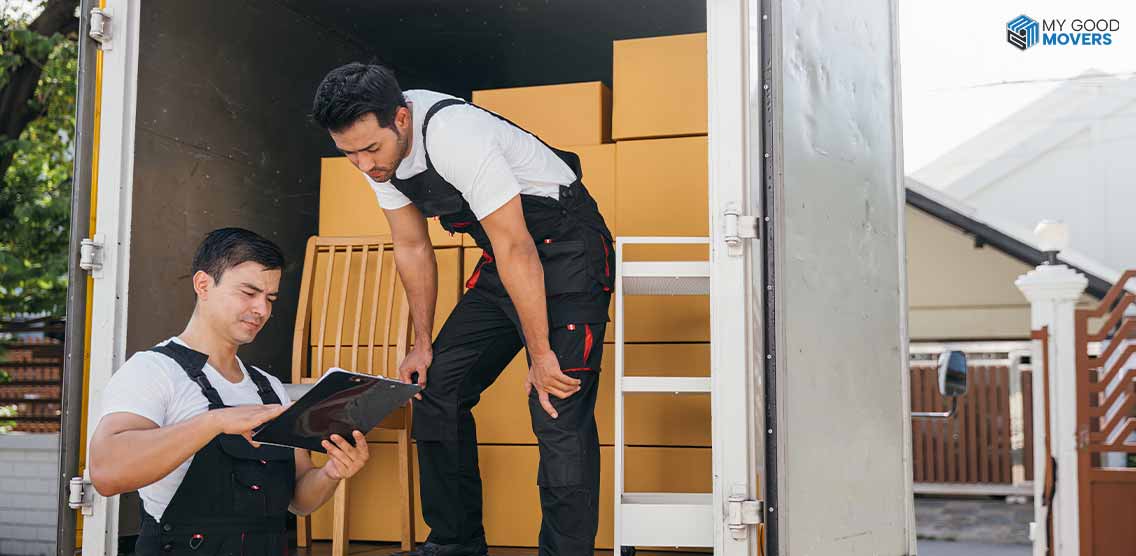

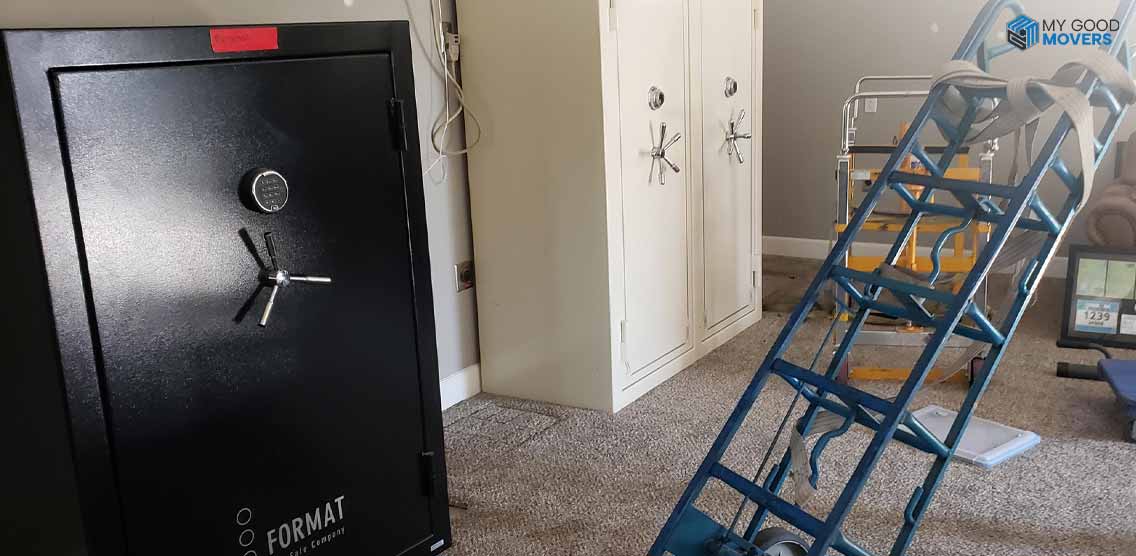

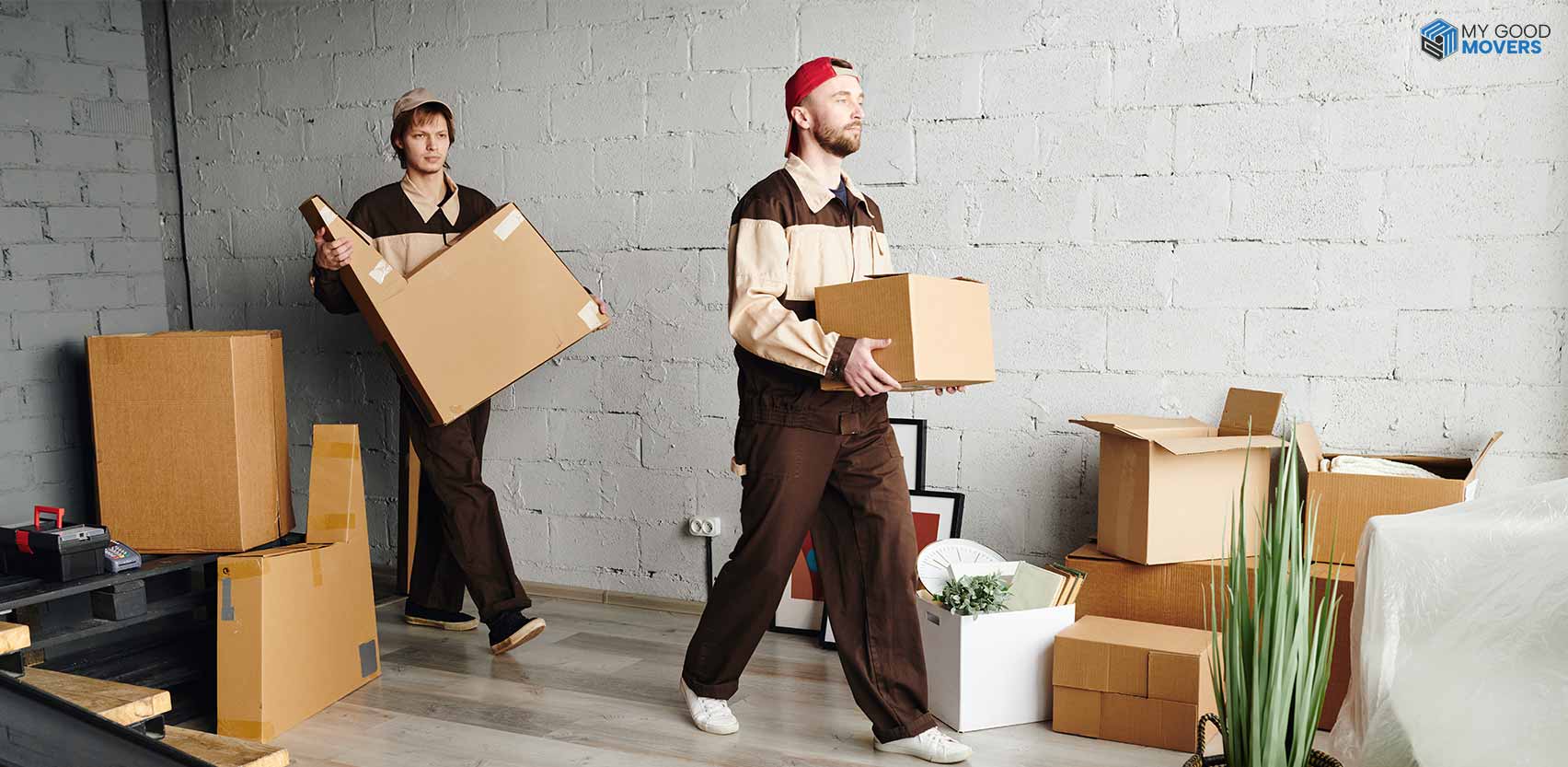







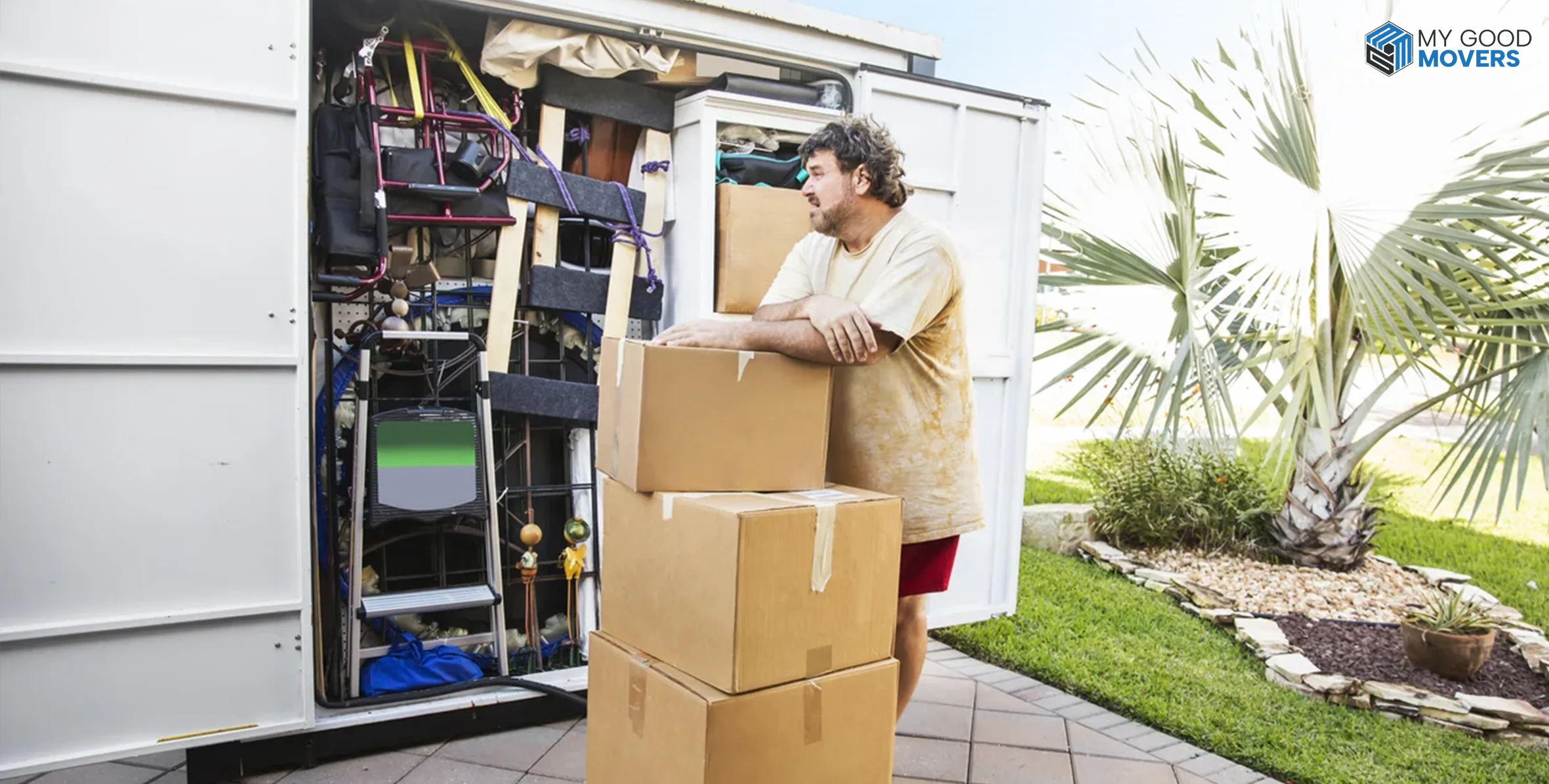







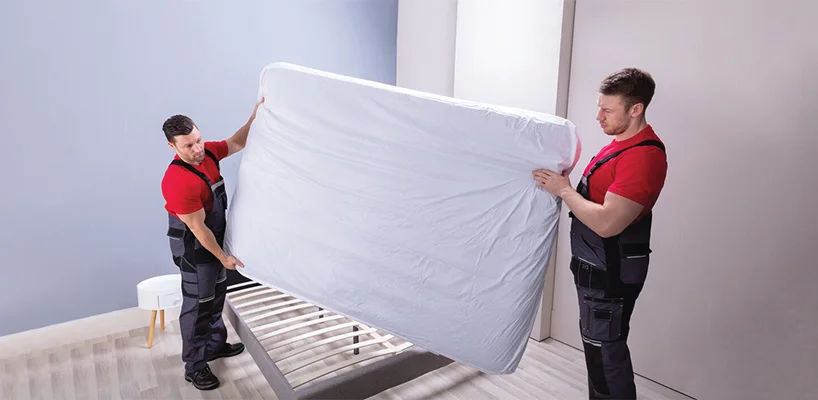
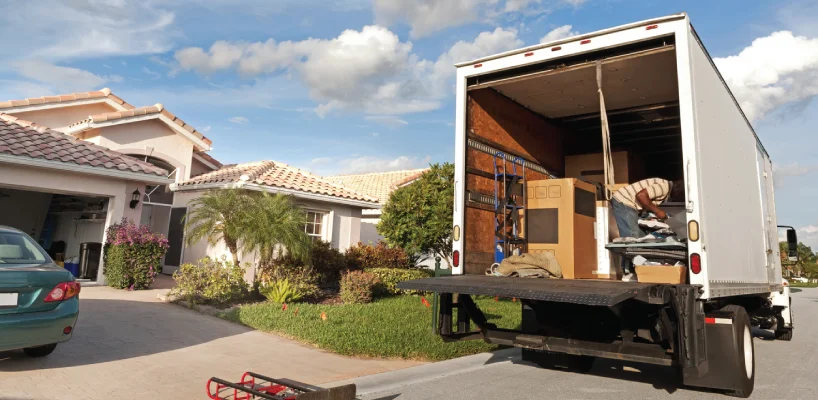




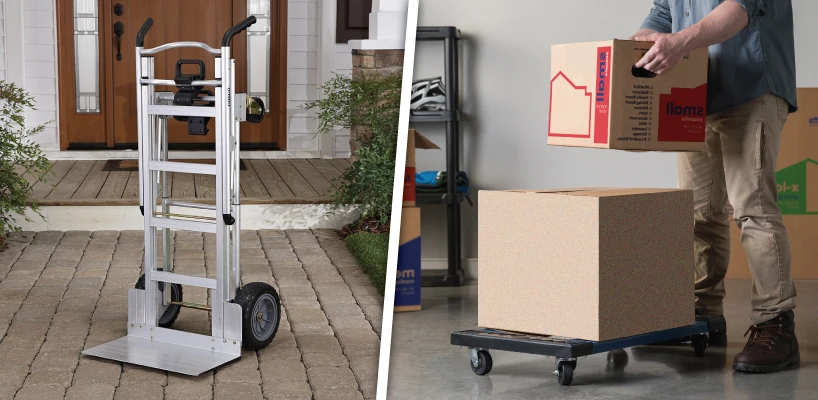
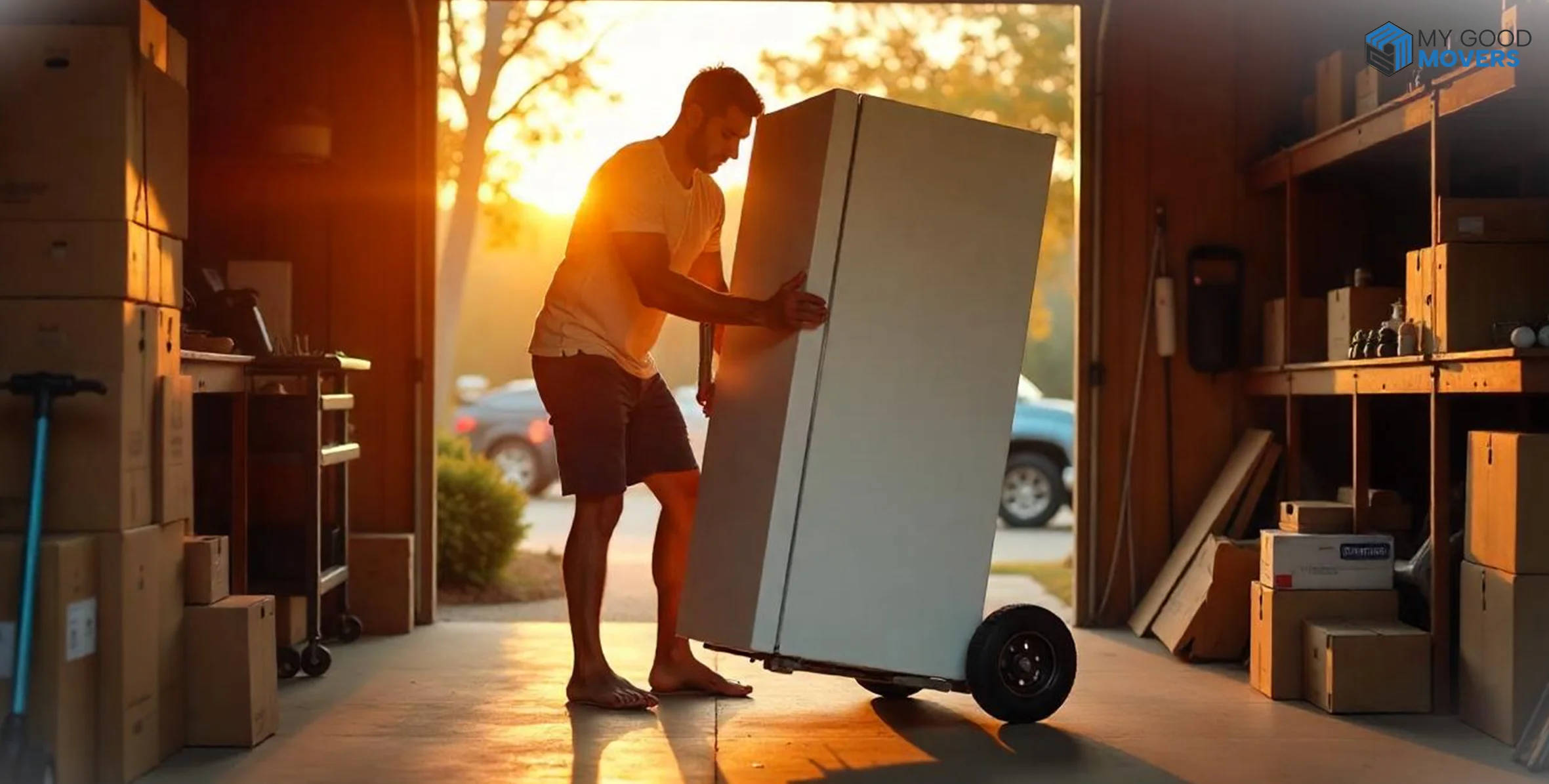
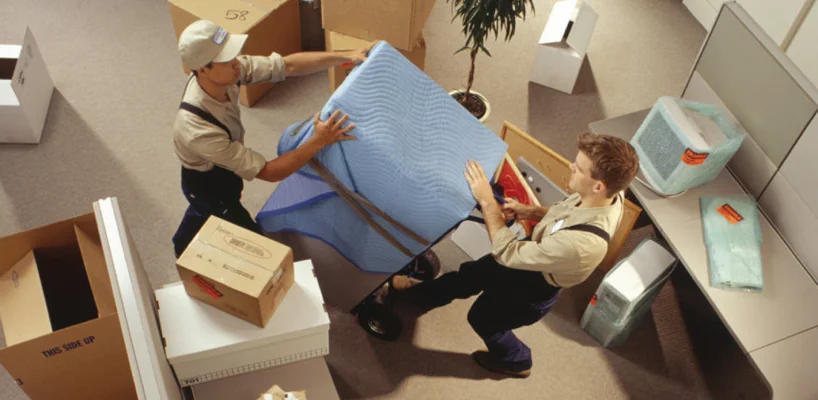
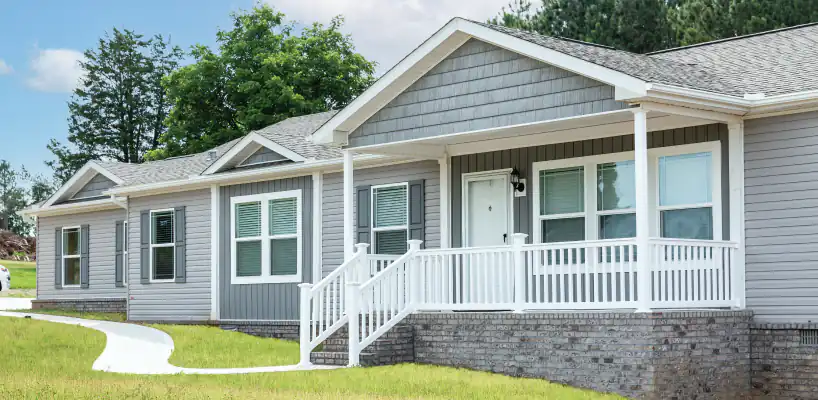
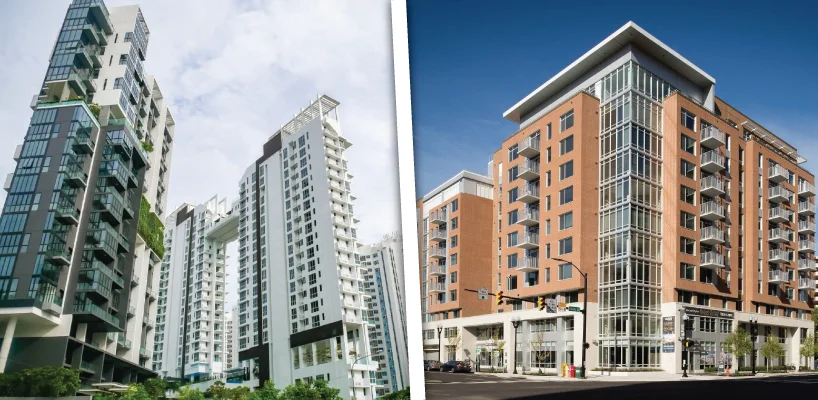
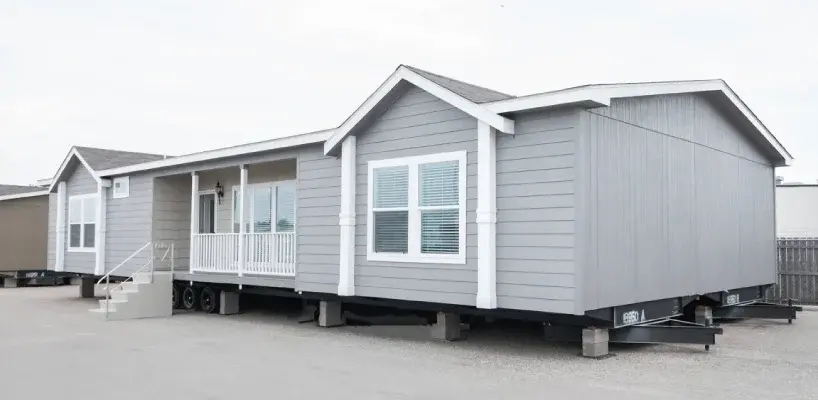
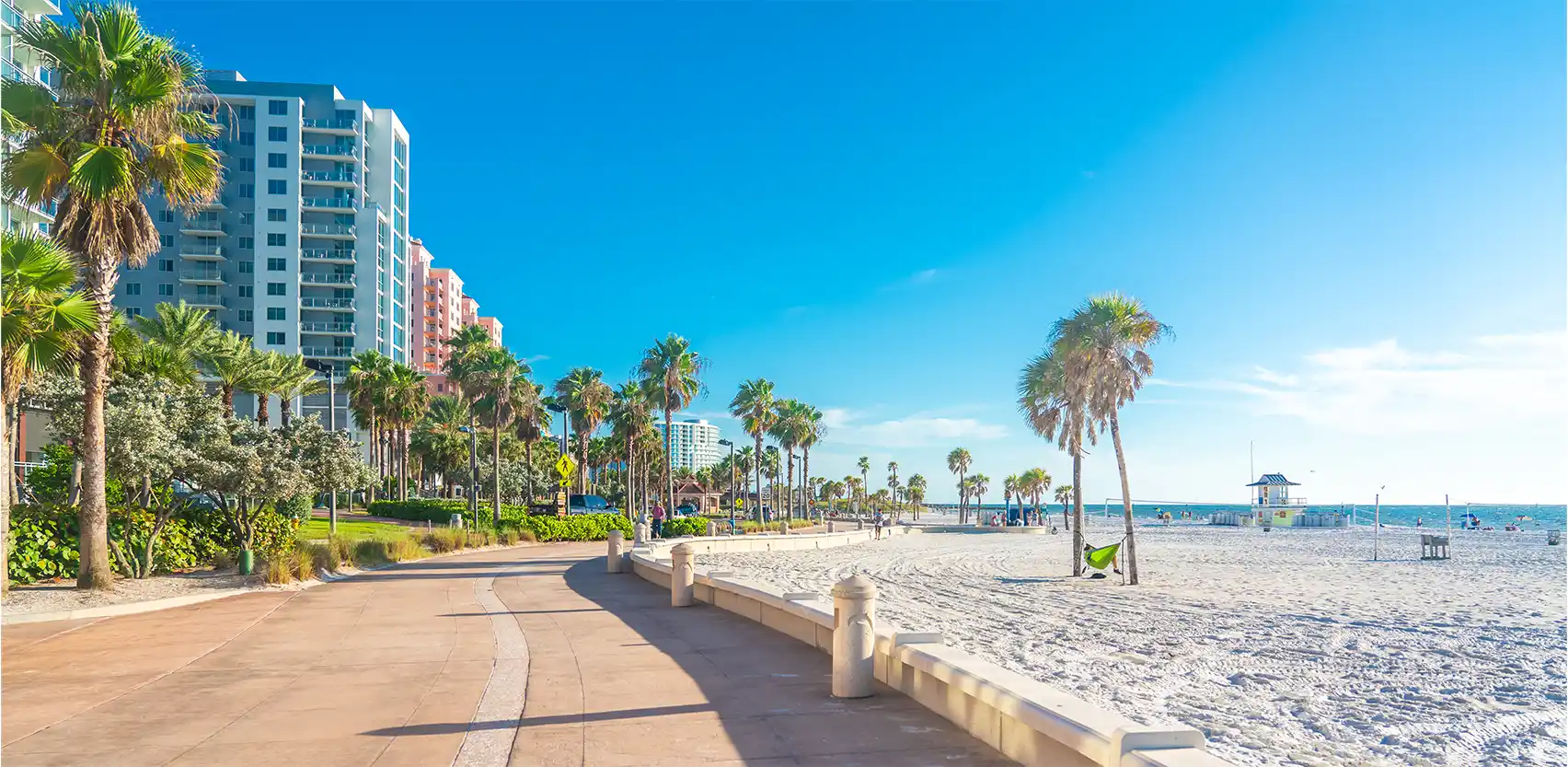

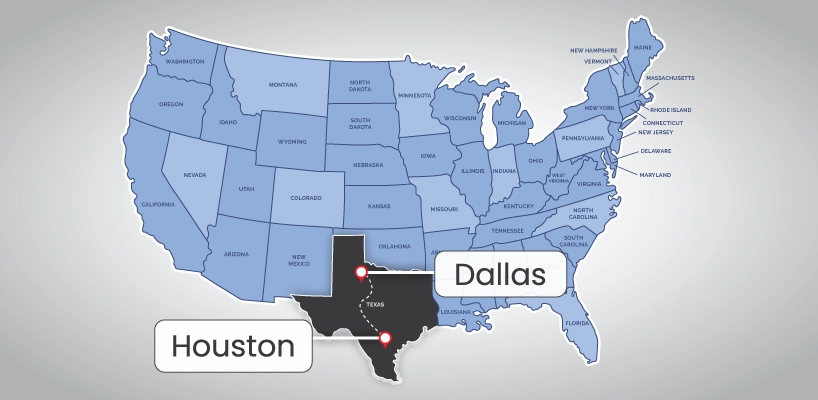


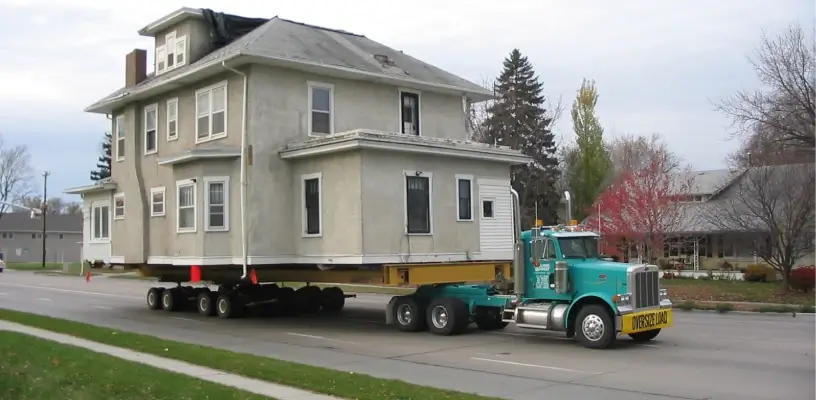
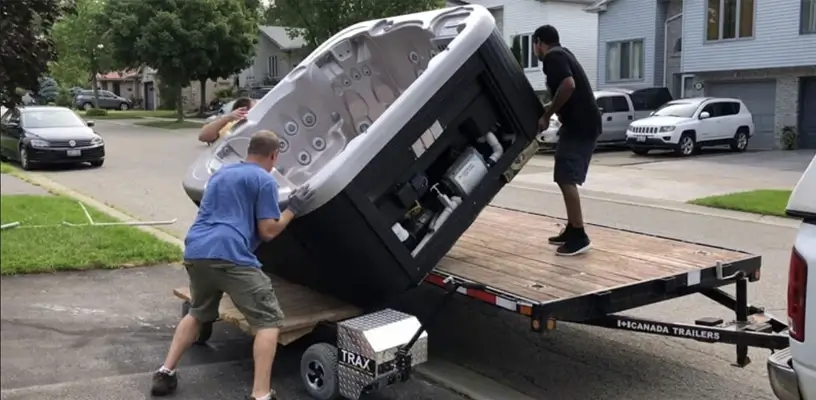

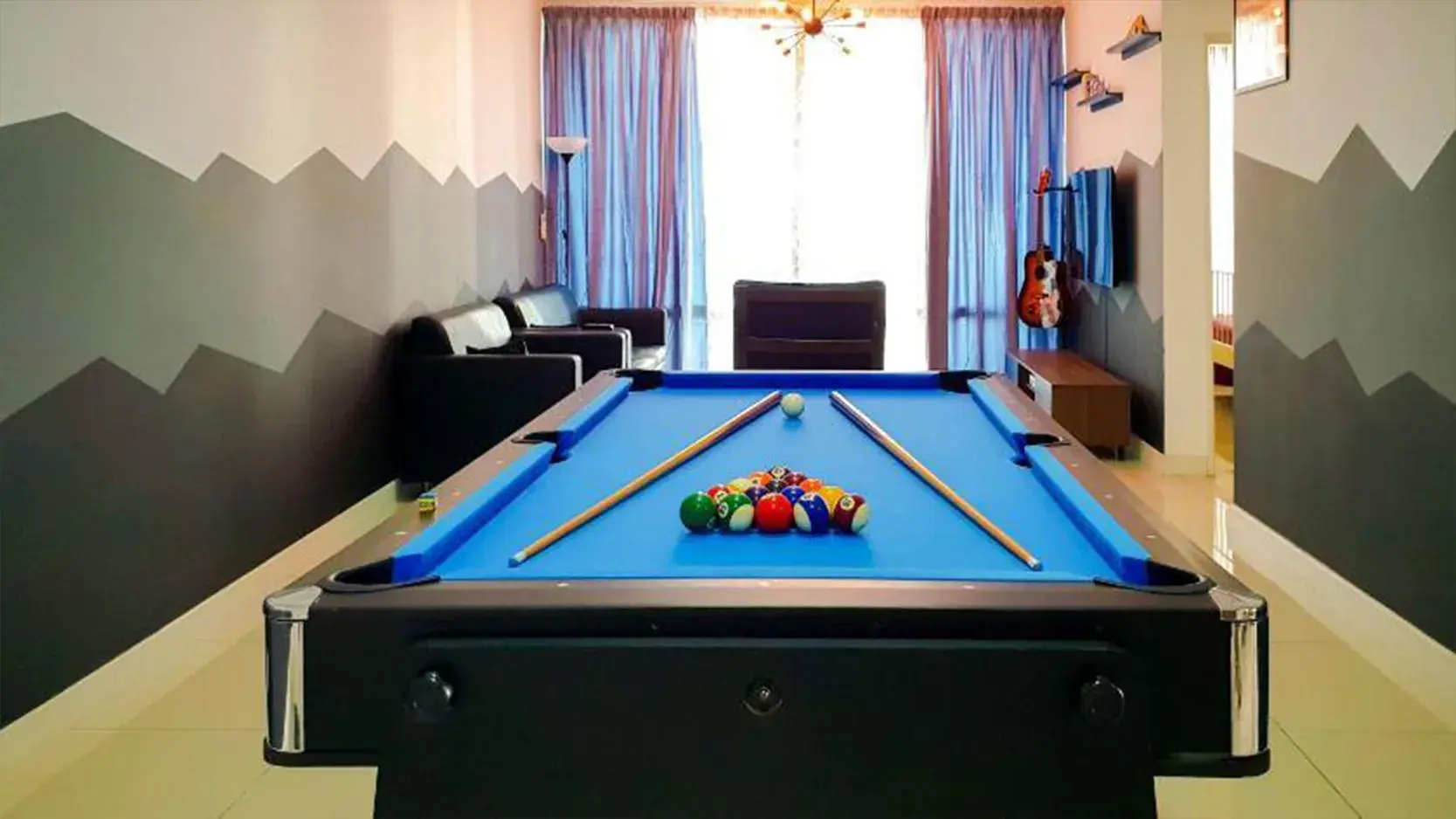


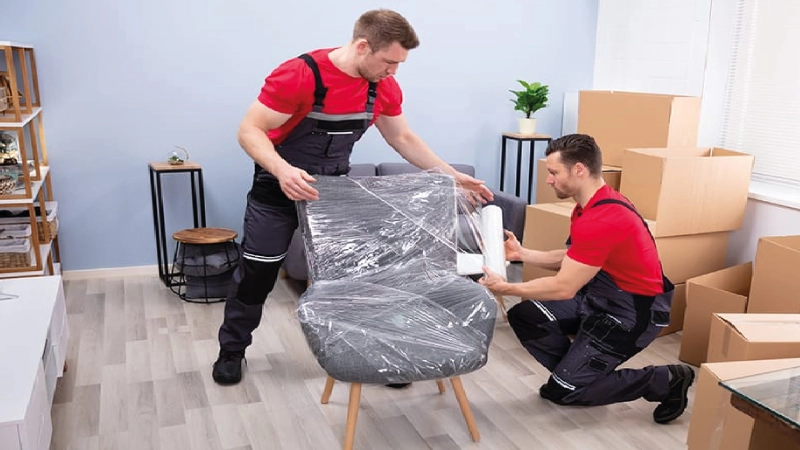

 (239) 799–6077
(239) 799–6077